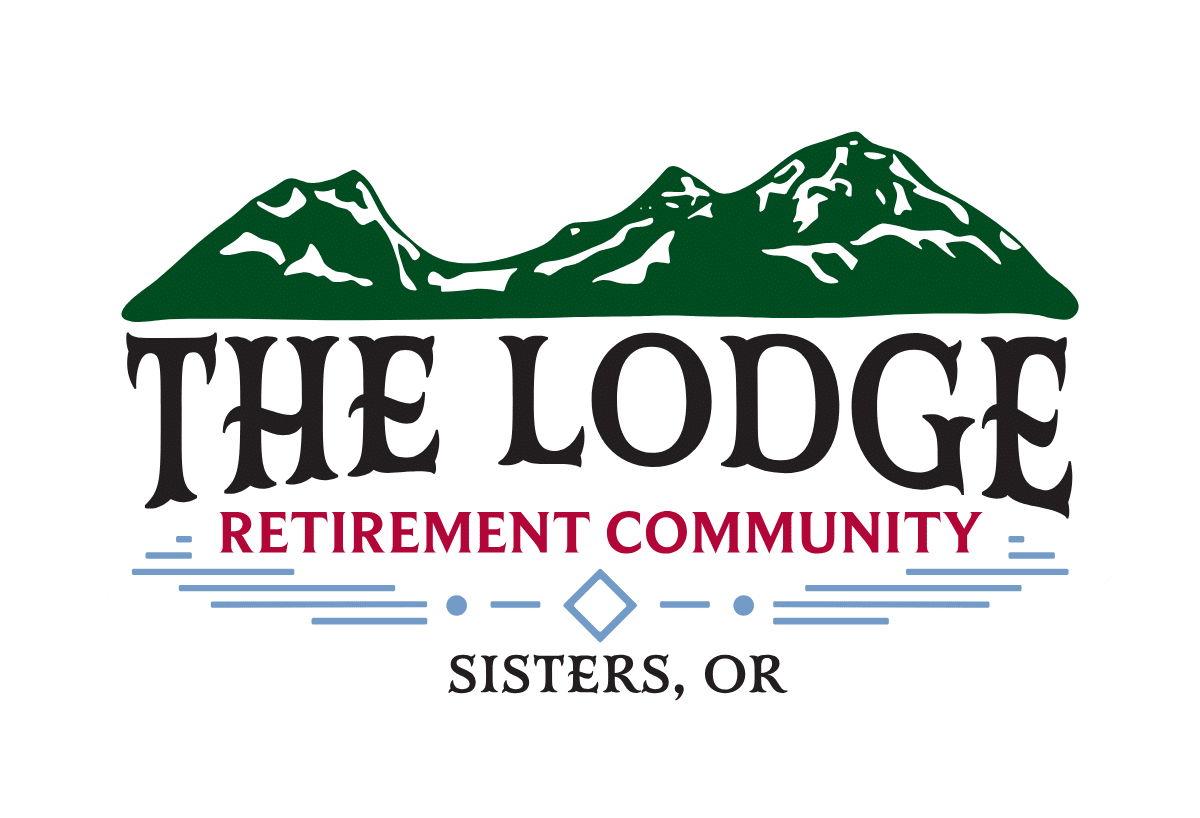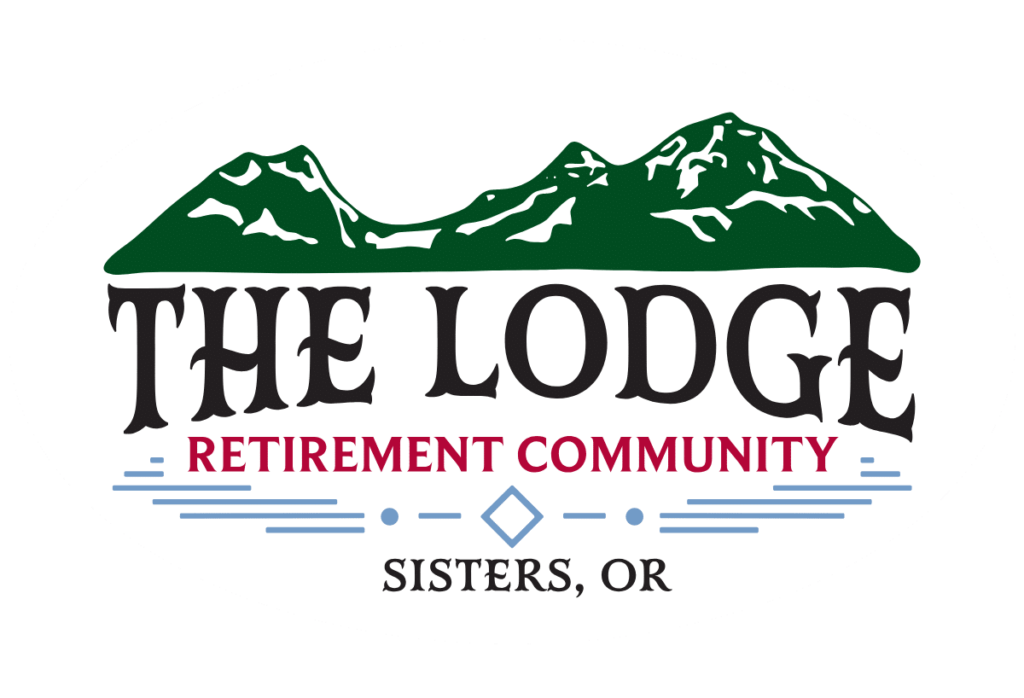Healthy Recipes for Seniors That Are Easy and Delicious
Eating well doesn’t have to be complicated. Good nutrition is essential for older adults’ energy, mobility, and overall wellness. Healthy recipes for seniors should be simple, flavorful, and packed with the nutrients your body needs. Whether cooking for yourself or a loved one, the goal is to make every bite count. From easy breakfasts to balanced dinners, creating meals with fewer ingredients and more benefits can make all the difference.
Fresh produce, lean proteins, and low-sodium options help you feel your best. With a bit of creativity and prep, even a busy day can include a hearty, health-focused dish. These meals also offer emotional comfort and a sense of independence, especially when shared with friends or family. So let’s explore practical, feel-good meals that bring nutrition and joy.
Simple Healthy Recipes for Seniors in the Morning
A great day starts with a great breakfast. Simple healthy recipes for seniors in the morning should fuel your body without weighing you down. A fruit and spinach smoothie with almond milk and a scoop of protein powder takes just minutes and gives a strong start. Prefer something warm? Try oatmeal with chopped nuts and sliced banana. These choices are packed with fiber, heart-healthy fats, and essential vitamins. They’re also easy to chew, easy to prep, and easy to love.
Preparing breakfast in advance is also an excellent strategy for staying consistent. You can find even more ideas through the nutrition programs at The Lodge Retirement Community, where healthy habits are built daily. Keep it simple, fresh, and tailored to your taste—your body will thank you.
Easy Heart Healthy Recipes for Seniors at Lunch
Midday meals are an opportunity to recharge. With easy heart-healthy recipes for seniors, it’s about balance and taste. Think about a grilled salmon salad with mixed greens, cherry tomatoes, and olive oil dressing. Or maybe a chickpea and quinoa bowl with roasted veggies. These meals are gentle on your heart and support healthy blood pressure levels. Seniors often benefit from lighter lunches that still satisfy, and these options deliver just that. You can also prep extra portions to keep future meals stress-free. And when paired with even mild movement, like a short walk, the benefits multiply. To support a well-rounded routine, daily wellness activities complement your meals. It’s not just about what’s on the plate—it’s about how it fuels your lifestyle.
Meal Prep for Seniors: Keep Dinners Simple and Satisfying
Dinner doesn’t need to be a big production to be nourishing. Meal prep for seniors helps make sure you always have something easy and delicious ready. A veggie stir-fry with tofu, lean chicken, and brown rice can be cooked in one pan. Casseroles, such as whole wheat pasta with turkey and spinach, are perfect for batch cooking and freezing. These meals make your evenings more relaxed while meeting your dietary needs. They can be low in sodium and rich in flavor, especially when herbs and spices replace salt.
Shared dinners also create social moments; that connection matters as much as the meal in community living. Residents at The Lodge Retirement Community enjoy the freedom to eat in ways that match their routines and preferences. Planning makes healthy eating a natural part of life.

Easy Low Sodium Meals for Seniors to Enjoy
Reducing sodium doesn’t mean losing taste. Easy low-sodium meals for seniors are often the most flavorful. Roasted sweet potatoes, herbed chicken breasts, or lentil soups are excellent choices. Each dish supports heart health while satisfying cravings. Using garlic, lemon, fresh herbs, and healthy oils adds depth without the salt. Low-sodium diets are beneficial for managing conditions like high blood pressure and kidney health.
When cooking at home, aim for fresh over processed ingredients. Preparing a few of these meals at once ensures you’re never far from a healthy choice. These recipes support body and mind, especially when enjoyed in a calm setting. At The Lodge Retirement Community, nutrition meets personal freedom, letting residents savor every bite without worry.
Easy Meals for Seniors That Bring Comfort and Joy
Sometimes, comfort is what we crave most. That’s where easy meals for seniors come in—simple to make and satisfying to eat. Baked potatoes with steamed veggies and cottage cheese. A warm bowl of butternut squash soup. Or an egg and avocado sandwich on whole grain toast. These are meals that warm the heart while nourishing the body. They also support digestion and are easy to chew, which is essential for many older adults. Having go-to meals like these keeps your day flowing smoothly. And by repeating your favorites with slight variations, mealtime becomes less stressful and more joyful. At The Lodge Retirement Community, the dining experience supports autonomy and happiness, where every meal reflects what matters most: health, taste, and comfort. Call (541) 549-5634 or schedule a tour here for more support and speak with our caring team.
Frequently Asked Questions
What is the nursing care plan for dementia?
A nursing care plan for dementia is a structured guide designed to address the unique needs of individuals experiencing cognitive decline. It includes assessments, diagnoses, goals, and interventions to ensure safety, promote independence, and manage symptoms like memory loss or confusion. These plans also focus on maintaining dignity and enhancing the quality of life for the patient. Nurses often work closely with family members and other care providers to personalize the plan.
Which goals should be included in the care plan for a client with dementia?
Care goals for someone with dementia typically include ensuring safety, promoting independence in daily activities, supporting emotional well-being, and maintaining communication abilities for as long as possible. The plan may also aim to prevent complications like falls or infections and manage behavioral symptoms such as agitation or wandering. Goals should be realistic and adaptable, based on the progression of the disease. Family involvement and education are often part of the care objectives as well.
How should a nurse care for a dementia patient?
Nurses caring for dementia patients should focus on clear communication, patience, and consistency in routines. They provide assistance with daily tasks, ensure a safe environment, and offer emotional support while monitoring for health changes. Managing behavioral symptoms with empathy and using non-verbal cues when necessary are essential skills. Building trust and a sense of familiarity helps patients feel secure and respected.
What is a care routine for dementia?
A care routine for someone with dementia includes structured daily activities to reduce confusion and create a sense of stability. This often involves consistent meal times, personal hygiene tasks, rest periods, and gentle physical or cognitive activities. Familiarity and repetition help reduce anxiety and support memory retention. Care routines should be flexible and adapted to the individual’s needs as the condition progresses.


